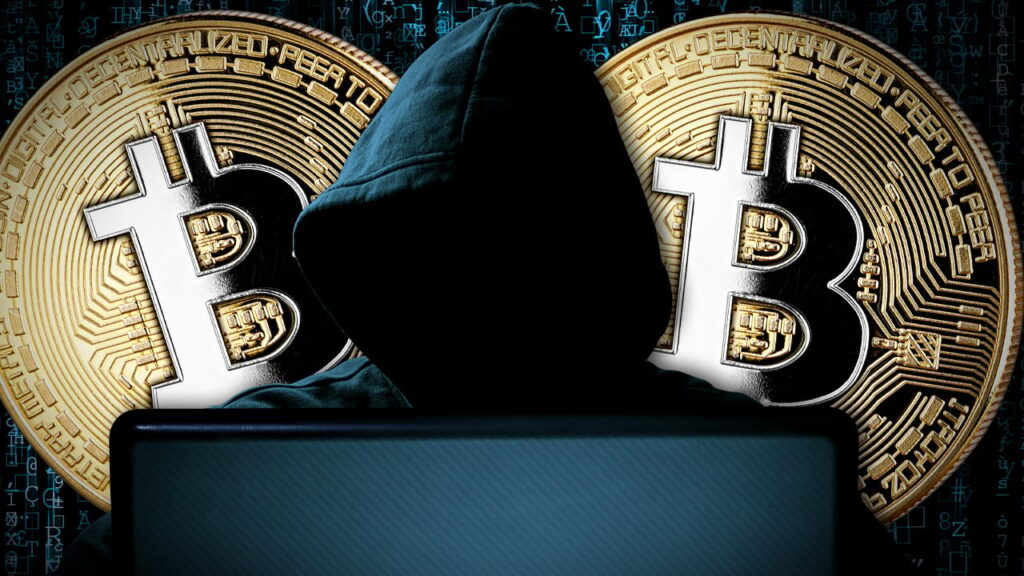1. Hack Funds Linked to Greek Exchange
Greek authorities have traced a portion of the $1.5 billion stolen in February’s Bybit hack to an account on a local exchange. The Anti‑Money Laundering Authority flagged a “suspicious” deposit in May, prompting an investigation and wallet seizure.
2. North Korean Lazarus Group Suspected
Blockchain sleuths tied the theft to Lazarus Group, a North Korean state-sponsored hacking network. Bybit has recovered roughly $43 million so far, but a large share remains unaccounted for—likely laundered through mixers and smaller platforms.
3. AML Enforcement Heats Up in Greece
This case marks a major escalation in Greece’s AML efforts. Regulators are now closely monitoring domestic crypto platforms—both international players and homegrown exchanges—and coordinating seizures with prosecutors.
4. Implications for Global Crypto Markets
- Enhanced regulatory scrutiny: Expect more thorough KYC/AML checks on smaller exchanges worldwide.
- Centralized vs decentralized platforms: Centralized exchanges may tighten compliance, while DeFi and self-custody grow in appeal.
- Investor caution: Users should evaluate platforms’ AML history and vulnerability to regulator action.
5. What Investors Should Do
- Trade safely: Use reputable exchanges like Binance for secure access to crypto markets.
👉 Join Binance here - Secure your holdings: Transfer assets to a hardware wallet such as Ledger after trading.
👉 Buy Ledger here - Know the rules: Read our breakdown on The Psychology of Crypto Investing: Why We Make Bad Decisions and Crypto vs. CBDCs: What the Battle for Digital Money Really Means for deeper insight into compliance trends.
6. Final Takeaway
Tracing stolen Bybit funds to a Greek exchange emphasizes that even regional platforms face global regulatory pressure. As AML efforts intensify, investors should prioritize secure exchanges, best compliance practices, and trusted custody solutions.



